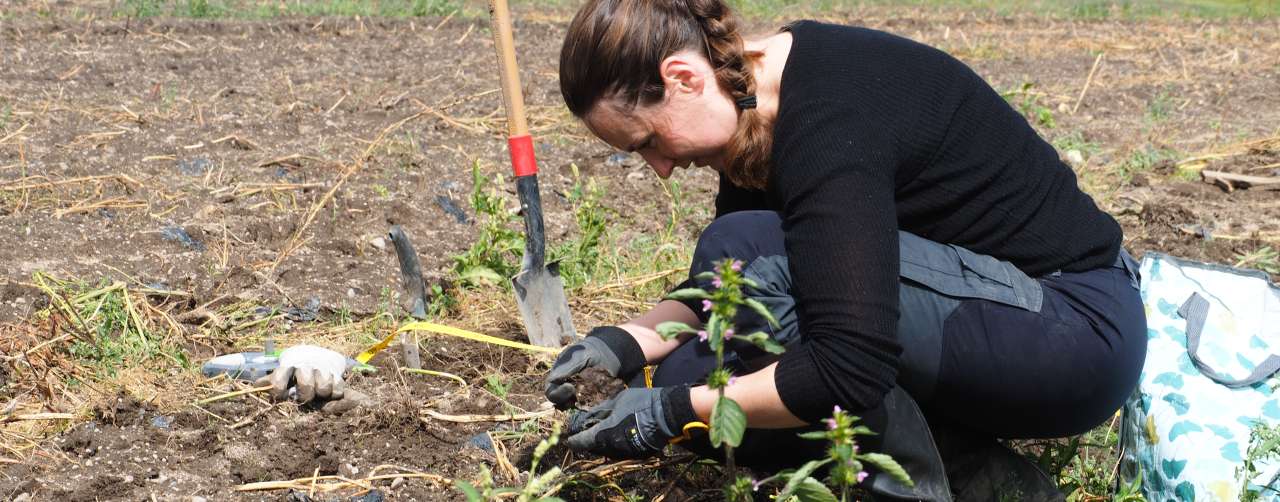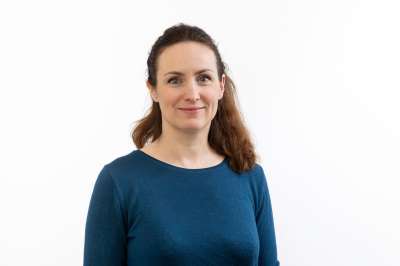Biodegradable plastic can reduce pollution

Photo: Pierre-Adrien Rivier
Research shows that biodegradable plastic breaks down under Norwegian conditions, but only if it ends up where it should.
In the project "DGRADE – Constraints to degradation of biodegradable plastics in terrestrial systems", researchers have investigated the actual degradability of biodegradable plastic.
Results from field trials with biodegradable plastic mulch in soil, and composting trials with biodegradable beer glasses from the Øya festival in Oslo, show that the plastic breaks down as long as the conditions are favourable.
"If the conditions are not good enough, biodegradable plastic products can also contribute to plastic pollution", says Dr Claire Coutris from NIBIO.
"Much depends on where the products end up: if it is in industrial compost or in an environment where microorganisms thrive, degradation will occur."
In 2020, researchers buried pieces of biodegradable plastic mulch in soil on six farms with different soil and climate conditions and monitored its degradation for two years.
The results showed significant variations amongst farms, with between 8 and 44 percent mass loss of the buried mulch during the period. The higher the soil temperature and the organic matter content, the faster the degradation occurred.
The researchers also investigated what happens to biodegradable plastic bags used for collecting food waste for biogas production. Figures from Statistics Norway show that 20 percent of household food waste goes for composting, while 80 percent goes for biogas production.
The results showed that the bags were only marginally degraded during the biogas process and likely to end up in biogas digestate and then in agricultural soils, unless digestate is treated to remove plastic residues.
Contacts

Purpose
Investigate degradation of biodegradable plastic under Norwegian conditions
Collaboration: Norwegian Institute for Sustainability Research (NORSUS), Green Dot Norge, SIMAS IKS, Norwegian Agricultural Advisory Service, Agri Råd
Funding: The Research Council of Norway and the Norwegian Retailers' Environment Fund
Contacts

